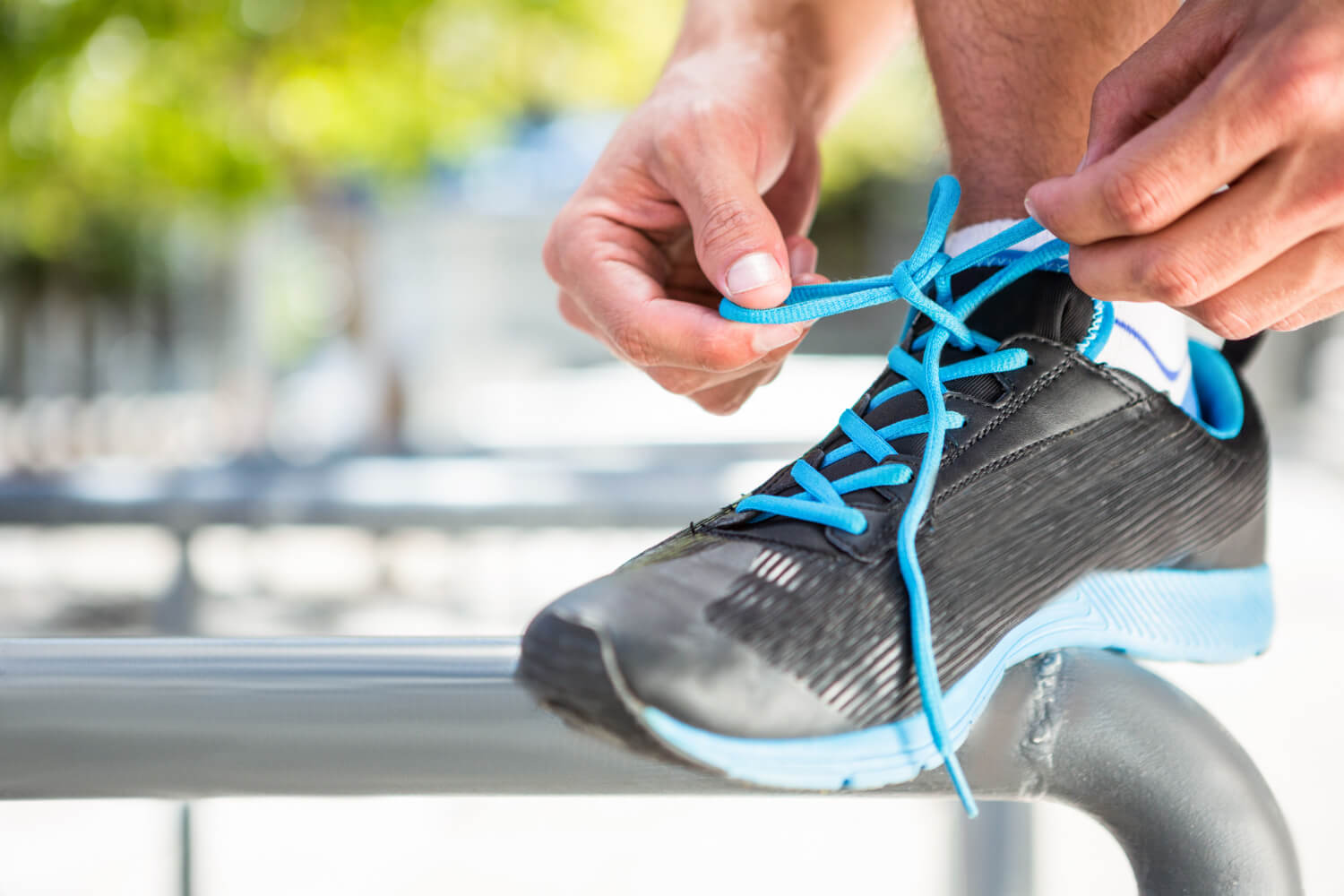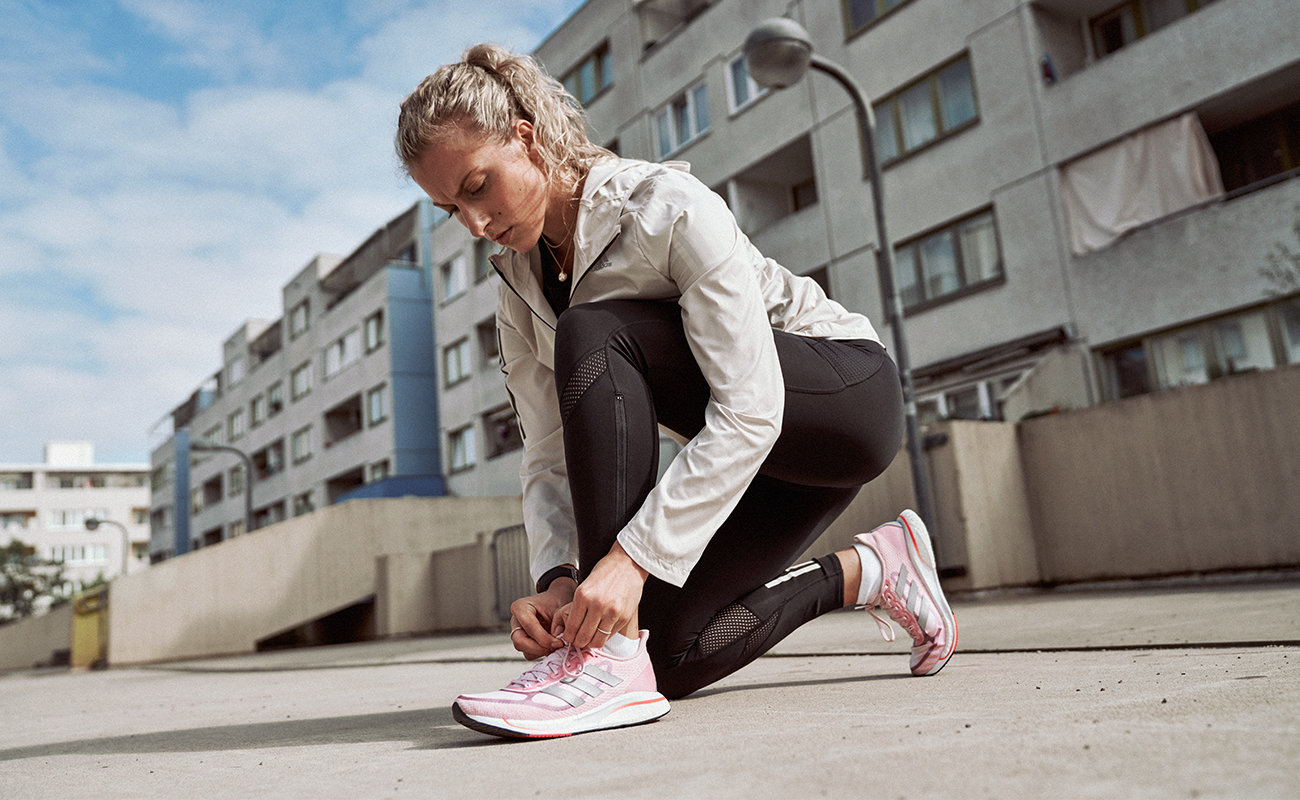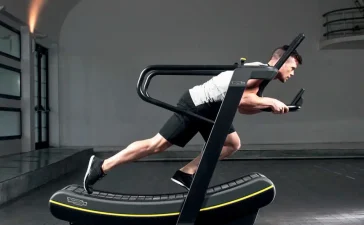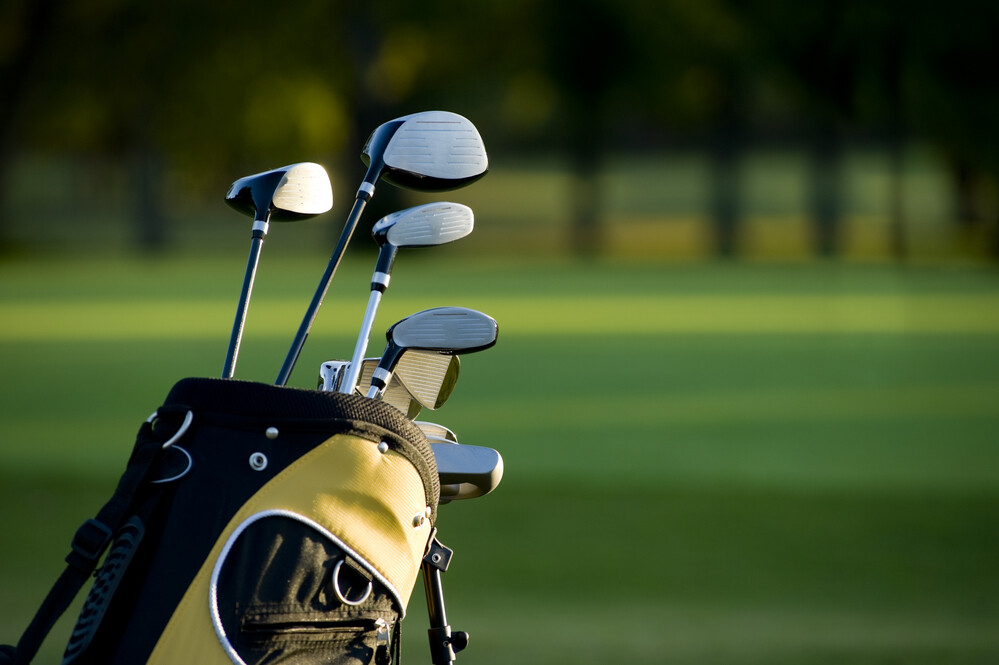Running is an excellent form of exercise, but to fully enjoy its benefits and prevent injuries, it’s crucial to wear the right shoes. Your foot type plays a significant role in determining which running shoes will provide the best support and comfort. This guide will help you understand your foot type and choose the perfect running shoes to match.
Understanding Your Foot Type
Before diving into shoe selection, it’s essential to identify your foot type. There are three main categories:
- Neutral Feet: These have a normal, well-defined arch and tend to roll inward slightly when running.
- Flat Feet: Also known as low arches or overpronated feet, these tend to roll inward excessively when running.
- High Arches: Also called underpronated or supinated feet, these don’t roll inward enough during a stride.
How to Determine Your Foot Type
You can easily determine your foot type at home using the “wet test”:
- Wet the sole of your foot.
- Step onto a piece of paper or a flat surface that will show your footprint.
- Step off and observe the shape of your footprint.
- A neutral foot will show a distinct curve along the inside of the foot.
- A flat foot will leave an imprint of the entire sole of the foot.
- A high-arched foot will leave a very narrow band connecting the heel and ball of the foot.
Choosing Shoes for Each Foot Type
For Neutral Feet
If you have neutral feet, you’re in luck! You have the widest range of shoe options. Look for:
- Stability shoes: These provide a good balance of cushioning and support.
- Neutral cushioned shoes: These offer flexibility and cushioning without corrective features.
Key features to consider:
- Moderate stability posts
- Medium level of cushioning
- Flexible midsoles
For Flat Feet
Runners with flat feet need shoes that help prevent overpronation. Look for:
- Motion control shoes: These provide maximum support to control excessive inward rolling.
- Stability shoes: A good option for mild to moderate overpronators.
Key features to consider:
- Firm midsoles
- Dual-density foam
- Supportive “posts” on the inner side of the midsole
- Straight or semi-curved lasts
For High Arches
If you have high arches, your feet need extra cushioning to compensate for the lack of natural shock absorption. Look for:
- Neutral cushioned shoes: These provide maximum cushioning and flexibility.
- Shoes with extra cushioning: Look for models specifically designed for high arches.
Key features to consider:
- Soft midsoles
- Curved lasts
- Flexible construction
- Extra cushioning in the heel and forefoot
Additional Factors to Consider

While foot type is crucial, there are other factors to keep in mind when choosing running shoes:
- Running Surface: Different shoes are designed for road running, trail running, or track events.
- Running Distance: Long-distance runners might prefer more cushioning, while sprinters might opt for lighter, more responsive shoes.
- Body Weight: Heavier runners may benefit from shoes with extra cushioning and support.
- Running Gait: Some runners might have specific gait issues that require specialized shoes.
- Fit: Ensure there’s about a thumb’s width of space between your longest toe and the end of the shoe. The heel should fit snugly without slipping.
- Break-in Period: Allow time to break in new shoes before a long run or race.
- Replace Regularly: Most running shoes last between 400-500 miles. Regular replacement ensures optimal support and cushioning.
Conclusion
Choosing the right running shoes is a personal process that depends on various factors, with foot type being one of the most important. By understanding your foot type and considering the other factors mentioned, you can find shoes that provide the perfect balance of comfort, support, and performance.
Remember, while this guide provides a solid starting point, it’s always beneficial to visit a specialized running store for a professional fitting. Many stores offer gait analysis and can provide personalized recommendations based on your specific needs.
Investing time in finding the right running shoes will pay off in improved comfort, reduced risk of injury, and enhanced running performance. Happy running!




